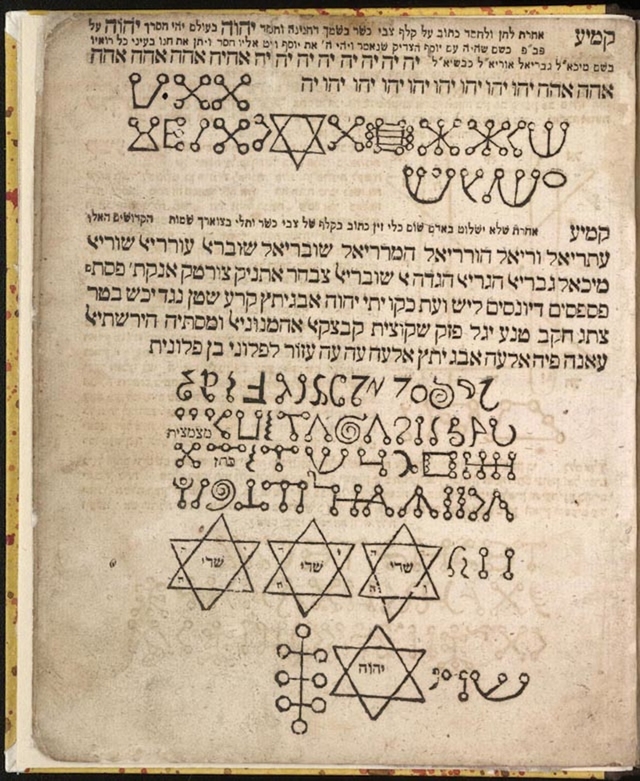 André Martins de Barros, “The Art Scholar,” (detail).
André Martins de Barros, “The Art Scholar,” (detail).
Weekly Reading: Medieval Spell Books and Mark Swain
At the end of a long day of work, Machiavelli liked to change into “regal and courtly garments” and spend hours reading his favorite authors. For Machiavelli, this reading was the highlight of his day, and it was not a passive activity but a form of conversation, even communion: “I no longer fear poverty, nor do I tremble at the thought of death,” he wrote to his friend Francesco. “I become completely part of them.”
We at *The Appendix also believe in the power of the written word to bridge gaps, not only between people living today, but between the past and the present. This is the fourth installment of a new Appendix feature, Weekly Reading, that combines links to contemporary writing we enjoyed from the past week alongside extracts from authors who might be long dead.*
-
Why are turkeys called that?
-
The New Yorker on the tireless search for a new nightly sleep aid.
-
We found out that Harper’s Weekly misprinted Mark Twain’s name (“Mark Swain”) when it published his first magazine article. He wasn’t happy (“they put it ‘Mike Swain’ or ‘MacSwain,’ I do not remember which. At any rate, I was not celebrated”). h/t @AdrianChen.
-
“Quantified Self is a passionate political ‘movement’ without concrete demands” argues The New Inquiry.
-
The Sefer Raziel, an early medieval book of spells originally written in Hebrew and Aramaic. We came across a transcription of it written by an English lawyer in 1564 and it’s utterly nuts (“drinketh the milke of a white or red or a black cowe, know thou that it maketh a man say things to come.”)
-
Vanity Fair wonders if David Hockney’s famously controversial questions about Vermeer’s use of optics have been solved (answer: not really).
-
Scientific American: “Life does not really exist.”
For more links to good writing and interesting discoveries, follow us on Twitter, Tumblr, and Facebook.



